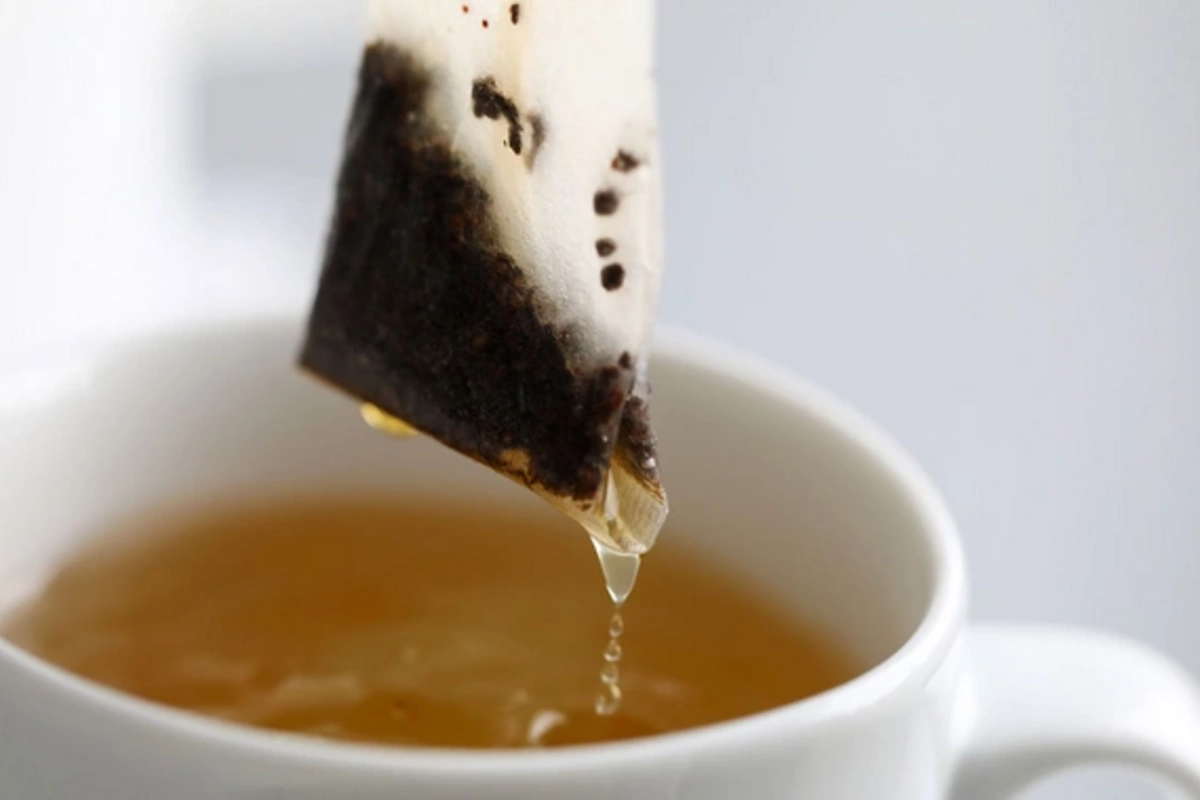18 Nov , 17:11
0

Scientists discovered: tea bags release billions of microplastic particles when brewing
As reported by TUT.AZ with reference to RG.ru, university researchers conducted an experiment simulating the tea brewing process under various temperature conditions. The tea bags were placed in water at three different temperatures - cold (20°C), warm (50°C), and hot (100°C). The results were shocking - the amount of microplastics released increased significantly with rising temperature and brewing time. "In just one hour, billions of particles were released from a single tea bag into the water. Their concentration reached 14 billion per liter for synthetic tea bags and up to 170 billion for cellulose ones," the university noted. To obtain this data, scientists used a modern method of nanoparticle tracking analysis.
It is also reported that the study included eight types of tea from different brands. "In the first stage, scientists determined the composition of the tea bags. Infrared spectroscopy and calorimetric methods revealed two types of polymers: synthetic ones - nylon and polypropylene in pyramid-shaped tea bags, as well as natural cellulose in flat ones," the university explained.
Alexander Yaroslavov, chief researcher at the Novgorod polymer modeling laboratory, emphasized that polymer particles can bind toxic substances from the surrounding solution. These include water-soluble polymers with cationic groups, widely used in water treatment. "Cationic groups provide polycations with high positive charge, which makes them toxic to microorganisms, including beneficial ones. When such polycations bind to negatively charged microplastic particles, these particles become toxic. Using model negatively charged polymeric microspheres, we showed that polycation can migrate between microplastic particles," the scientist explained.
The university added that more accurate conclusions about the effects of polymeric nanoparticles on living organisms will be possible after experiments on other types of cells. Meanwhile, specialists emphasize that traditional loose leaf tea should not be forgotten and recommend choosing flat cellulose tea bags.